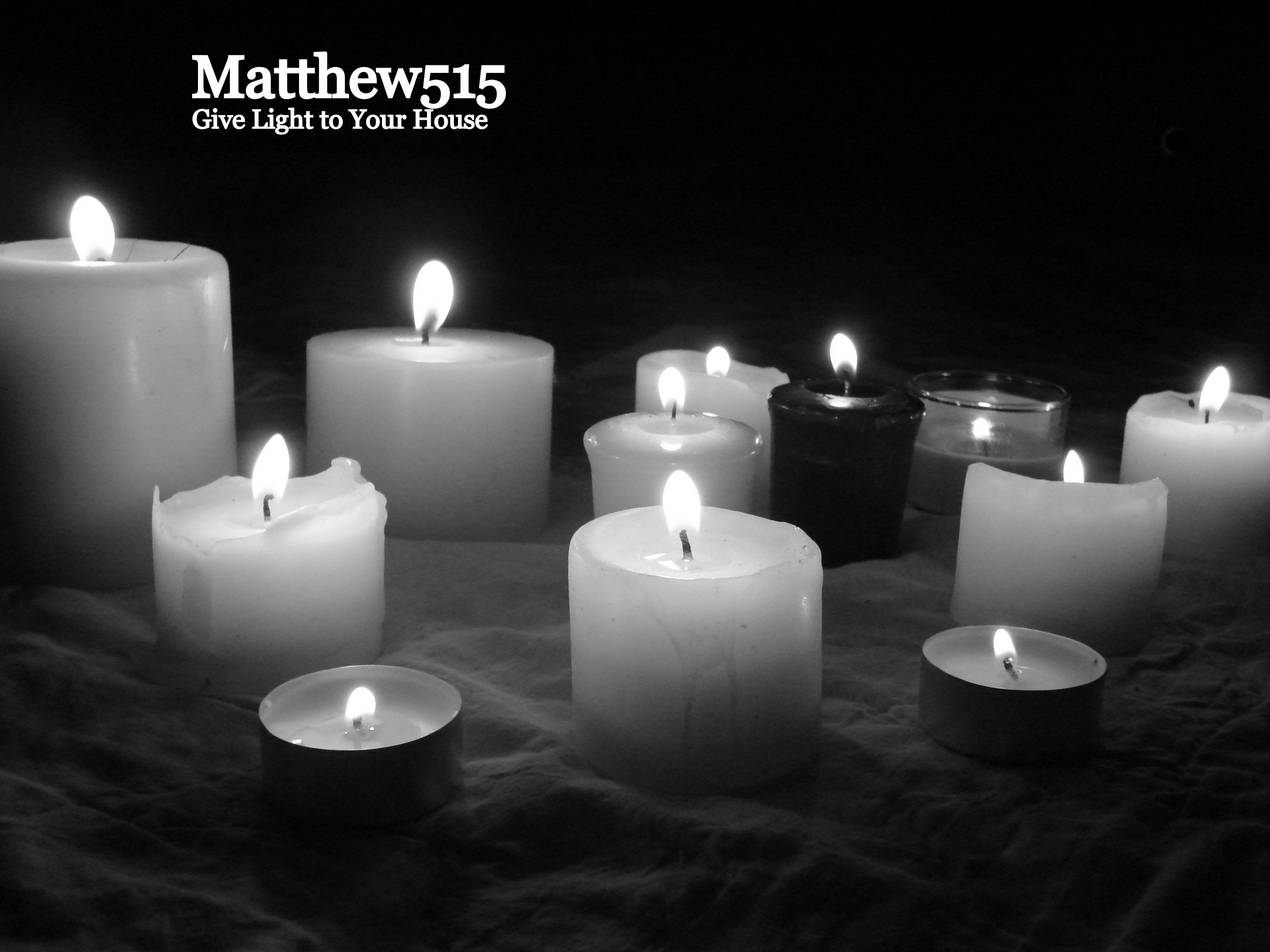 I’ve just finished Gary Thomas’ “Sacred Pathways” and what I read there is fresh on my mind. It has given me much to consider and like a good puzzle, it is going to take me some time to get it all worked out.
I’ve just finished Gary Thomas’ “Sacred Pathways” and what I read there is fresh on my mind. It has given me much to consider and like a good puzzle, it is going to take me some time to get it all worked out.
I should state up front that this is not a book review. I may decide to review “Sacred Pathways” in-depth at a later time. But for now I just want to focus on the broad topics and themes that Mr. Thomas writes about and how they have influenced my thinking.
What exactly is a sacred pathway? According to Mr. Thomas, a sacred pathway is our soul’s path to God. Put more simply, it is how we best relate to our Heavenly Father. The basic idea is this: God created us all uniquely. Because we are all unique, we view and interact with the world and with God accordingly. And, as long as we are seeking God honestly and with our whole being, the actual method will vary but the results will be the same; God will be glorified and we will be blessed.
Let me give you an example. From my reading, I have discovered that I am an Enthusiast, Contemplative, Intellectual. I also show tendencies in the Naturalist and Ascetic Categories. (And if all of this sounds vaguely like a Myers-Briggs style personality test for worship styles then you wouldn’t be far off of the mark.)
As an Enthusiast, I am excited about God. I look forward to seeing His handiwork each and every day and I wait expectantly to see what He is going to do next. I need that sense of excitement, adventure and enthusiasm about my relationship to the Lord and I am grateful whenever the Lord allows me even a glimpse of His wonderful work. Enthusiasts are sometimes regarded as odd and often misunderstood by those who do not understand this particular sacred pathway.
As a Contemplative, I crave time to sit at my Savior’s feet and enjoy His company. I identify with Mary more than Martha in this regard. I want to meditate on His greatness and explore the depths of His love in my heart, soul and mind. Contemplatives and Caregivers (another sacred pathway – think Mary and Martha again) often do not see eye to eye but both are valid forms of worship as long as the object is God and His glory.
As an Intellectual, I am fed when I discover new truths about my Lord. I have an appetite for knowledge and I tend to read everything I can get my hands on. As an intellectual, I am a perpetual student and I am happiest when I am studying and exercising my mind in the pursuit of Godly wisdom and direction.
Why does this matter and how does this help us? For one, it has helped identify those activities and exercises that best feed me spiritually. I need to prioritize prayer and meditation every day and give myself plenty of time to just sit in my Father’s presence. I also need to be involved in what God is doing in as many ways as possible while I appreciate the mystery and adventure that comes through walking with Him. Finally, I need to make sure that I continue to learn, study and exercise the brain that God has given me.
On the other hand, I score lowest as a Traditionalist and this helps explain why traditional church services have never been my strong suit for feeling most connected to God. Corporate worship is incredibly important to the body of Christ but I also need to make sure that I spend plenty of time alone in my prayer closet (this also relates to the Ascetic pathway) if I truly want to grow.
Mr. Thomas identifies nine sacred pathways. In addition to the seven I have listed here (Enthusiast, Contemplative, Intellectual, Naturalist, Ascetic, Caregiver and Traditionalist) there is also the Sensate and the Activist. Mr. Thomas identifies each sacred pathway thusly:
Naturalist – Loving God by Being Outside with His Creation. Ever wanted to spontaneously worship and thank God while viewing a sunset or leaves in the Fall? Do you feel closer to God while under an open sky than under a roof? If so, you have some Naturalistic tendencies.
Sensate – Loving God with the Senses. Being moved by music, drawn closer to God through smell or taste or seeing a painting or fresco that caused your spirit to soar are all signs of a sensate.
Traditionalist – Loving God through ritual and symbolism. Traditionalists are fed by the historic traditions of the faith including sacraments, rituals and symbols.
Ascetic – Loving God in Solitude and Simplicity. Ascetics value solitude and simple surroundings and are fed by silence.
Activists – Loving God through Confrontation. Activists need to stand up for justice and call sinners to repentance. They are energized by fighting for the Lord against evil.
Caregivers – Loving God by Loving Others. Caregivers often see God in the poor and needy and are best fed through service to others.
Enthusiast – Loving God through Mystery and Celebration. Enthusiasts want excitement and mystery in worship and are cheerleaders for God and the Christian life.
Contemplative – The Contemplative seeks to love God with the deepest, purest love possible. Contemplative desire to give themselves completely to God; body, soul and mind.
Intellectual – Loving God with the Mind. Intellectuals love to discover new truths about God and explore Him with their minds.
Having defined the sacred pathways, it is very important that we understand that no sacred pathway is better than another and that Jesus Christ showed strength in all of them. As our model, we can look at the life of Jesus and understand that as we grow and mature in our faith we too will begin to exhibit preferences for all of these sacred pathways. As young Christians, we may begin our faith journey by most identifying with only one or two pathways. But as we begin to let the Holy Spirit work in us and we become more like Christ, we will begin to grow into other pathways and new ways to worship.
As long as true, honest worship of our Savior is our aim then God will be glorified and our faith and maturity as Christians will grow. This is always the ultimate goal. Even so, knowing your sacred pathway(s) can help you in your journey.
Having read through the definitions above and given some time to consider it, what sacred pathways do you most identify with and how might that affect your worship style?

Hey Matthew thanks for sharing the info on the book. Yours is the second post I have read about it. Granted I have not read the book but I seem to have some “red flags” I wonder what scriptures the author uses to back up each area. We tend to cross into dangerous territory when we try and make Biblical judgements based on how we feel or based on logic. What I feel and what I think will often lead me astray.
I do agree that we are all unique, I just have some doubts about the different areas.
Hey Jon! Thanks for your comment. I would highly encourage you to read “Sacred Pathways” and see what you think. I think the author does a satisfactory job in explaining and supporting his positions and the summary of the book is a call to a further study of God’s Word and more authentic worship in whatever situation we find ourselves.
I will consider it Matthew.